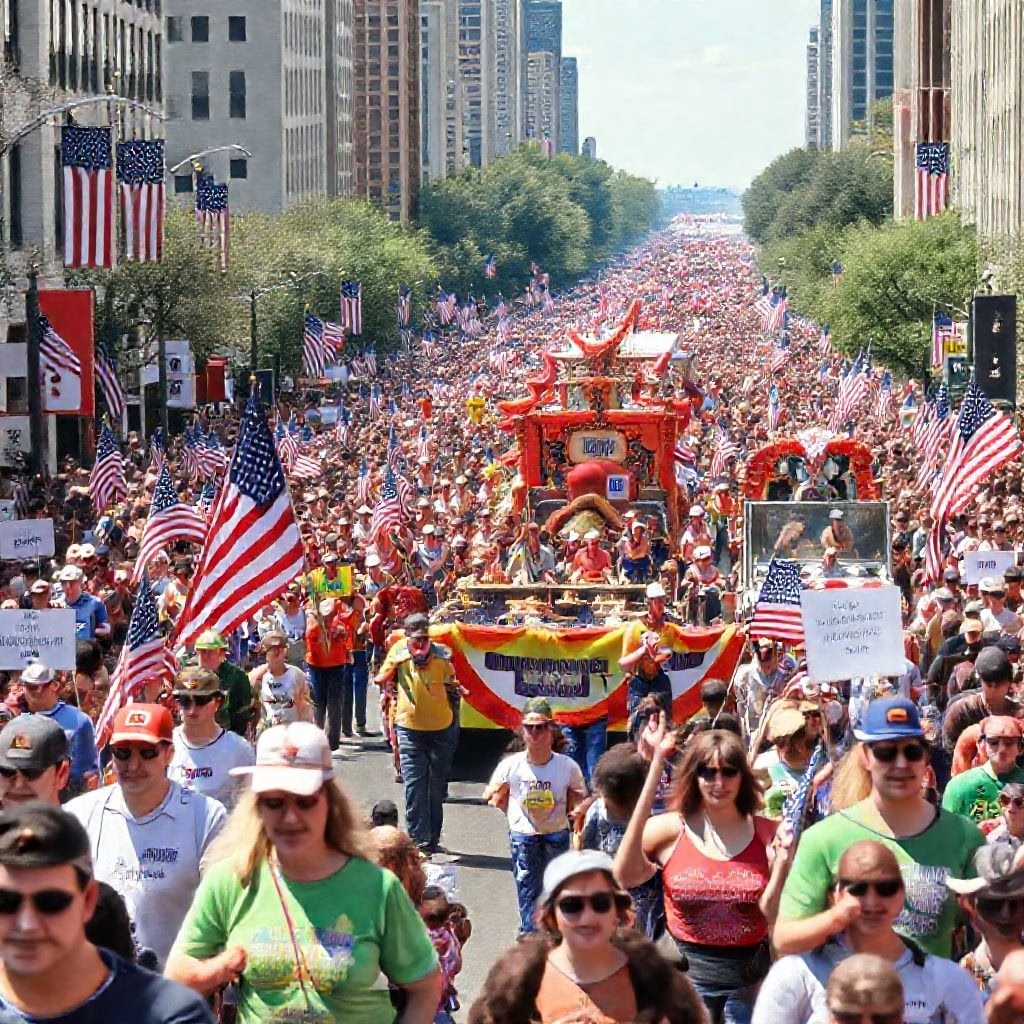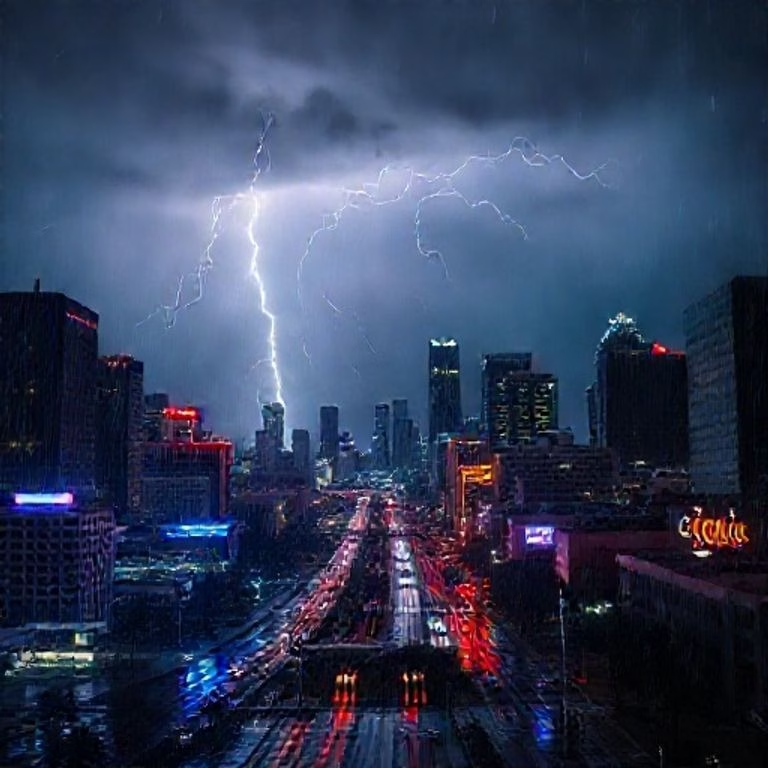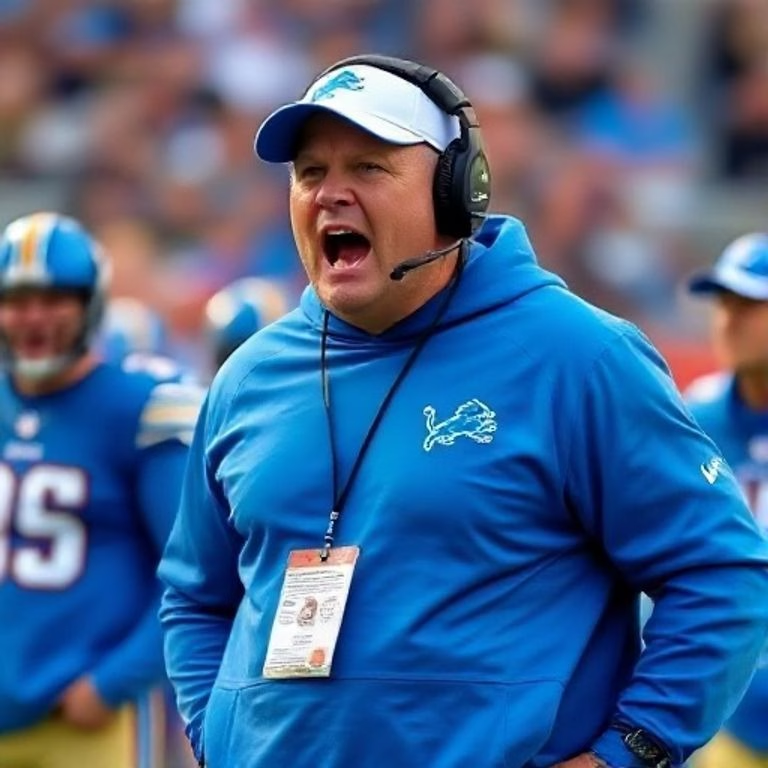Labor Day: A Celebration of American Workers and Their Legacy

Labor Day: More Than Just a Day Off
Labor Day, observed on the first Monday of September, is a cherished federal holiday in the United States and Canada. It’s a day often associated with the end of summer, backyard barbecues, and the start of the school year. But beyond the picnics and sales, Labor Day holds a profound significance: it’s a day to honor the American labor movement and recognize the invaluable contributions of workers to the development, prosperity, and achievements of the United States.
A History of Struggle and Recognition
The origins of Labor Day are somewhat debated, adding an interesting layer to its history. Two individuals are frequently credited with the idea. Some historians point to Peter J. McGuire, a general secretary of the Brotherhood of Carpenters and Joiners and co-founder of the American Federation of Labor. Others attribute the concept to Matthew Maguire, a machinist and secretary of Local 344 of the International Association of Machinists in Paterson, New Jersey.
Regardless of who precisely originated the holiday, the late 19th century was a time of significant unrest and change within the American workforce. Workers faced long hours, dangerous working conditions, and meager wages. The rise of labor unions and the fight for workers’ rights were central to the social and political landscape of the era. The push for a designated day to celebrate the contributions of workers was a direct result of these struggles.
The Path to a Federal Holiday
The movement to establish a Labor Day gained momentum throughout the late 1800s. State and local celebrations began popping up, demonstrating the growing support for the recognition of working people. Finally, in 1894, President Grover Cleveland signed a bill making Labor Day an official federal holiday in the United States.
Interestingly, the United States chose to establish Labor Day in September rather than adopt May Day, a holiday celebrated in many other countries. May Day, which falls on May 1st, has a long history with socialist and communist movements, and its association with worker unrest and the Haymarket Affair, a violent confrontation between police and labor protesters in Chicago, made it a less palatable choice in the US. The September date allowed the nation to honor workers without explicitly aligning with those radical political ideologies.
Celebrations and Significance Today
Today, Labor Day celebrations often include parades, picnics, and community events. It’s a time for families to gather, enjoy the last days of summer, and recognize the efforts of the millions of individuals who contribute to the American economy and society every day. Labor Day serves as a reminder of the sacrifices made by generations of workers who fought for fair wages, safe working conditions, and the rights we often take for granted today.
The holiday encourages reflection on the ongoing importance of the labor movement and the vital role it continues to play in advocating for workers’ rights and ensuring a just and equitable society for all. It’s a day to acknowledge the people who build, create, and innovate, shaping the nation in countless ways.
Further Reading
- https://en.wikipedia.org/wiki/Labor_Day
- https://www.dol.gov/general/laborday/history
- https://www.britannica.com/topic/Labor-Day




